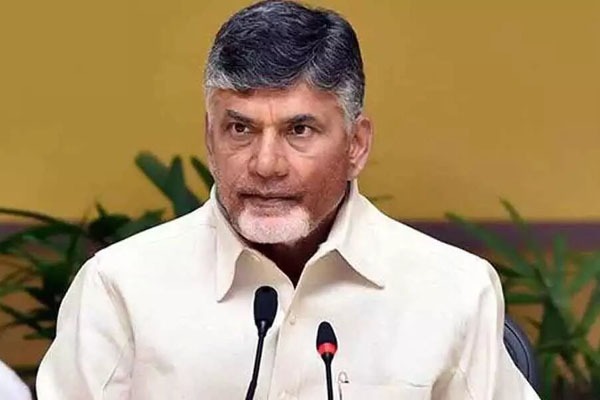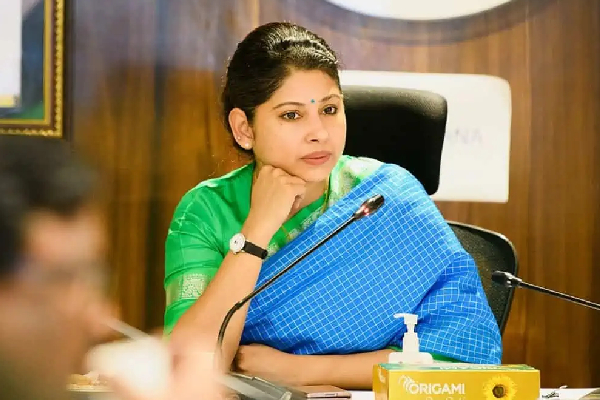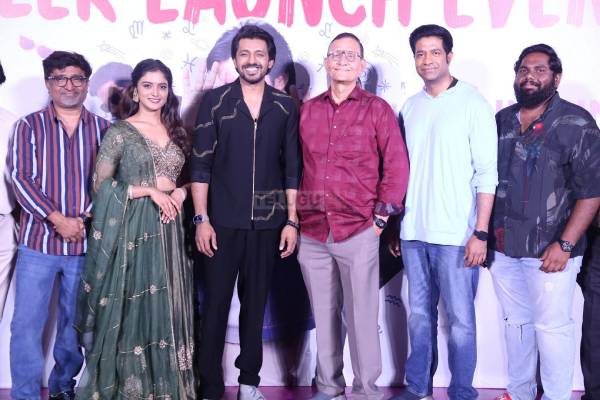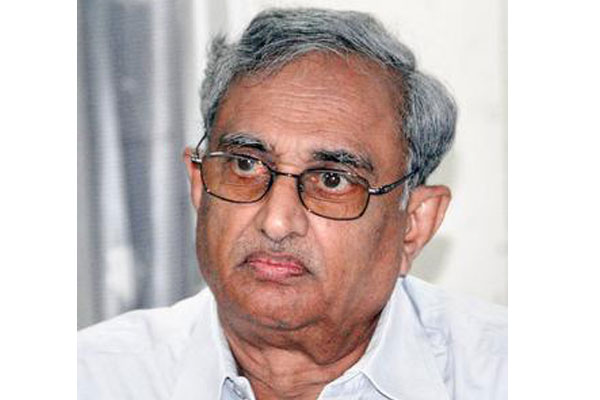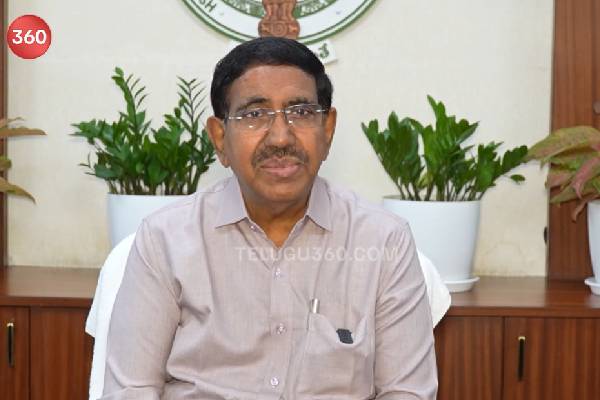In the backdrop several conflicting reports about the methodology being adopted by the state government in the selection of developers and construction of capital Amaravati, former union secretary and activist Dr EAS Sarma asked the state government to tread cautiously with regard to the selection of developers.
Writing a letter the government chief secretary and many principal secretaries connected to the capital region development authority (CRADA), Dr Sarma, expressed doubts over the efficacy of the Swiss Challenge method the state government reportedly adopting to select the developer.
Here we carry the letter, made available exclusively to telugu360.com, in full so that people would come to know of the debate going on outside the corridors of the power about the Capital Construction.
***
To
Shri I Y R Krishna Rao
Chief Secretary
Govt of AP
Dear Shri Krishna Rao,
Subject:- Adoption of “Swiss Challenge” method for selecting Project Developers/ Consultants for APCRDA- Creates scope for non-transparency and arbitrariness
I understand that the State government is contemplating to adopt the “Swiss Challenge” method for selecting Project Developers/ Consultants for the APCDA projects.
No doubt, the AP Infrastructure Development Enabling Act, 2001 refers to the Swiss Challenge method as one of the methods for selection of Project Developers but the Act restricts it to Category II projects defined as those projects in the case of which the Government or a Government Agency will be required to provide asset support, financial incentives in the form of contingent liabilities or direct financial support, confer exclusive rights on the Developer, and those projects that require extensive linkages i.e. support facilities for the project such as water connection etc. In the case of APCRDA projects, none of these conditions seem to apply; therefore, the Swiss Challenge approach should not be adopted.
Moreover, it has been recognised worldwide that the Swiss Challenge method for selection of project developers and consultants lacks transparency, involves arbitrariness and creates scope for corruption. To corroborate this, I cite the following observations made in the Report of the Committee on Revisiting and Revitalising Public Private Partnership Model of Infrastructure (Kelkar Committee) submitted as recently as in November, 2015 to the Union Finance Minister.
“6.2.7 Unsolicited proposals (“Swiss Challenge”) may be actively discouraged as they bring information asymmetries in the procurement process and result in lack of transparency and in the fair and equal treatment of potential bidders in the procurement process. Furthermore, the tendency of the authorities to call any preidentified project to be delivered through a ‘DBFOT’ model (Design, Build, Finance, Operate and Transfer) as “Swiss Challenge” needs to be curbed. Unsolicited proposals are inherently different from DBFOT. A vague definition of the term “Swiss Challenge” risks the danger of encouraging opacity in the bidding process.”
Some of these concerns have also been expressed by the apex court in some cases in which the Swiss Challenge method had come up for a judicial scrutiny.
I therefore request the State government not to adopt the Swiss Challenge method in selecting Project Developers/ Consultants. I am certain that, in case, projects are awarded on that basis, they will be subject to litigation and public criticism.
I further understand from media reports that the State government is also considering handing over large stretches of land, earlier acquired from farmers, to foreign companies for commercial development on the premise that it would generate funds for the State to develop the infrastructure needed for the capital city at Amaravati. In principle, this is not a prudent approach as indiscriminate foreign investment in real estate business is not permitted and, moreover, it will attract public criticism if fertile agricultural lands taken away from the farmers are to be handed over to foreign companies for commercial purposes. Legally, lands acquired for a “public purpose” cannot be alienated to foreign business agencies.
I request the State government to tread cautiously in dealing with the APCRDA projects.
I hope that the New Year brings a sense of prudence, propriety and people-orientation in the minds of all those concerned with the development of the capital city!
Regards,
Yours sincerely,
E A S Sarma
Visakhapatnam
29-12-2015





















